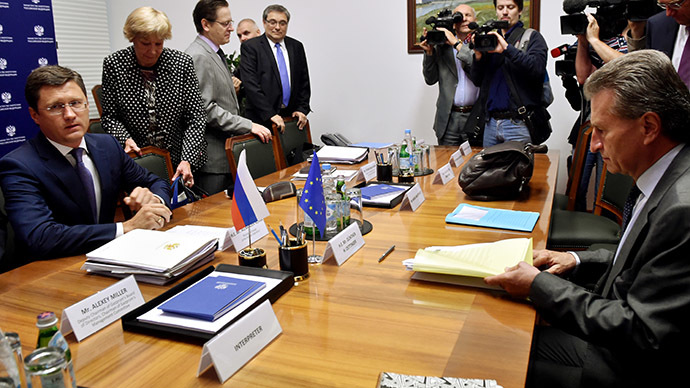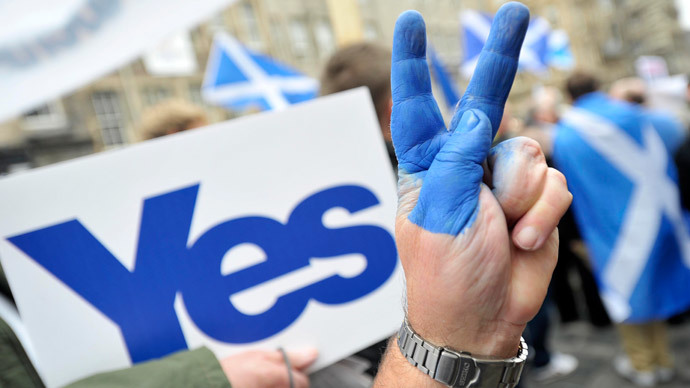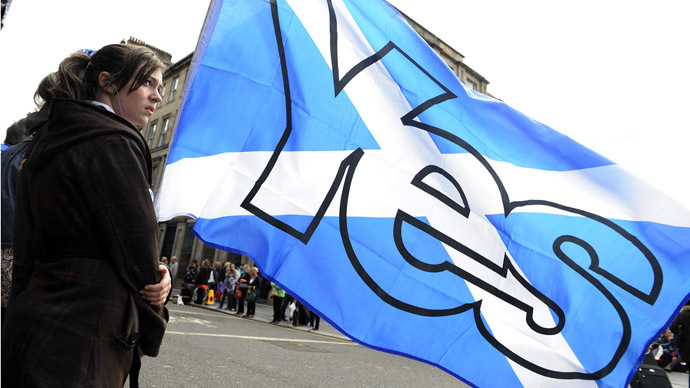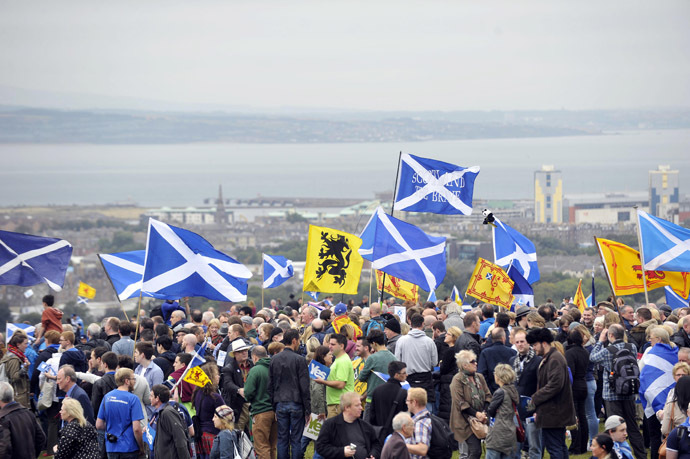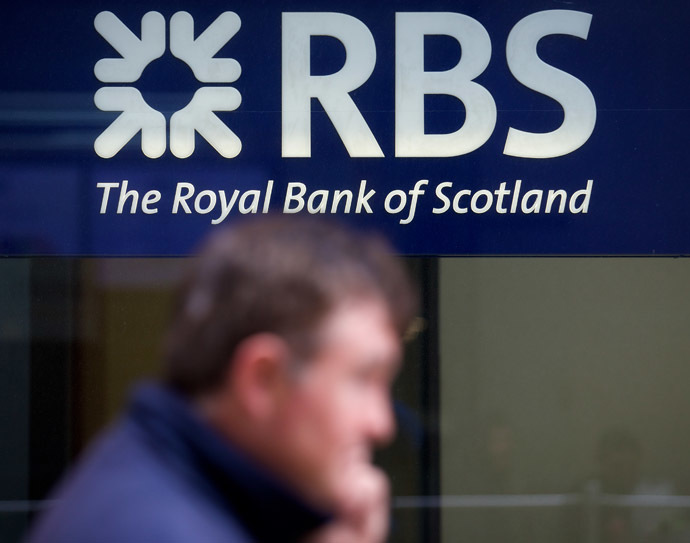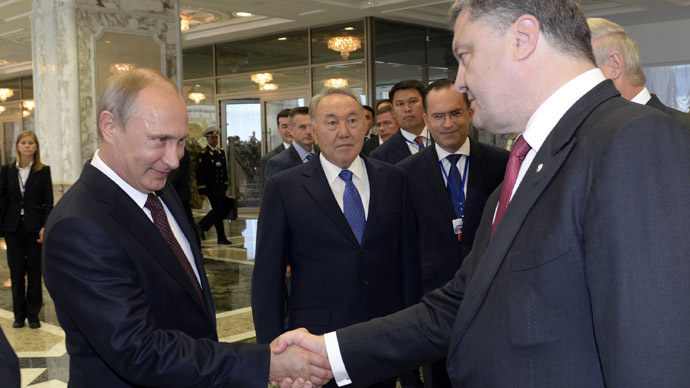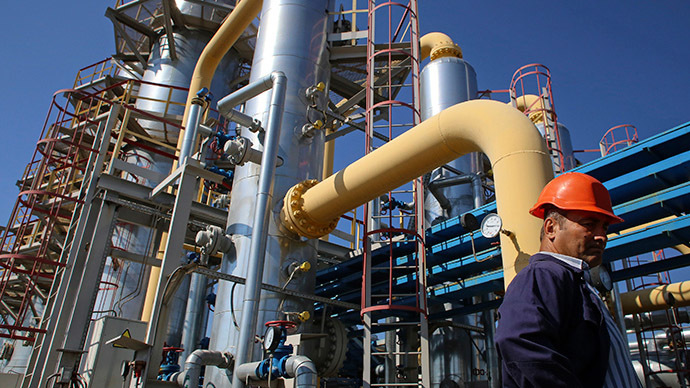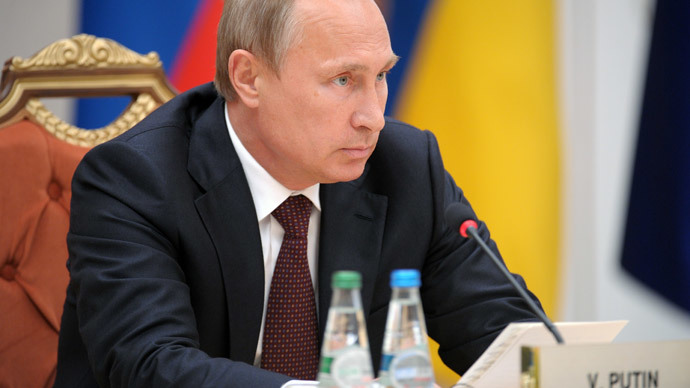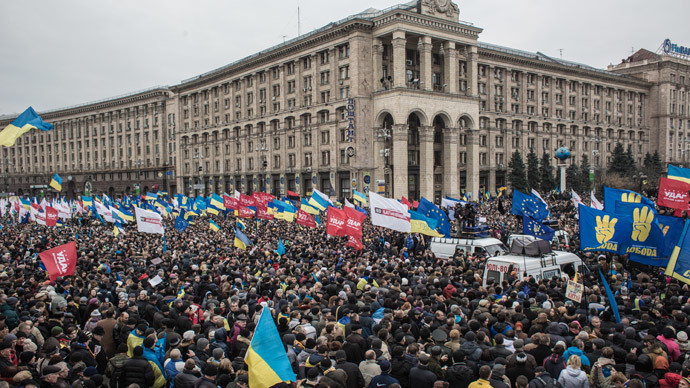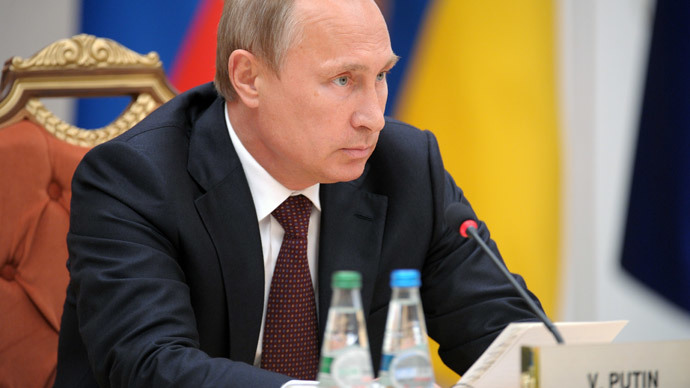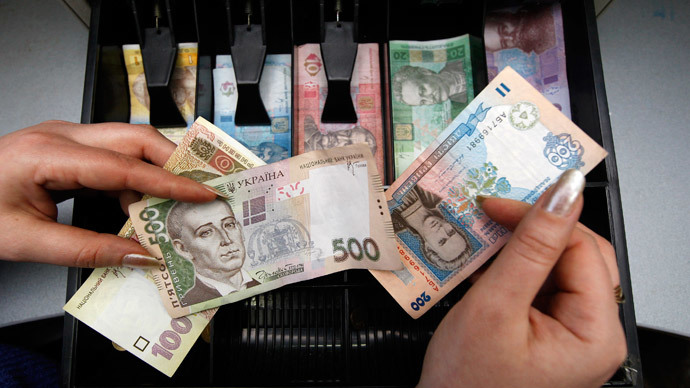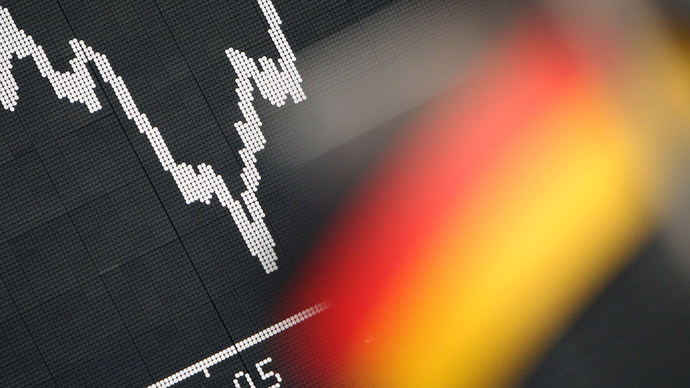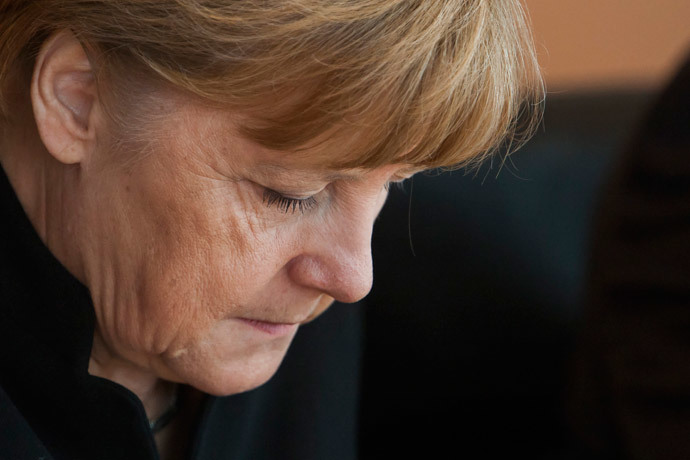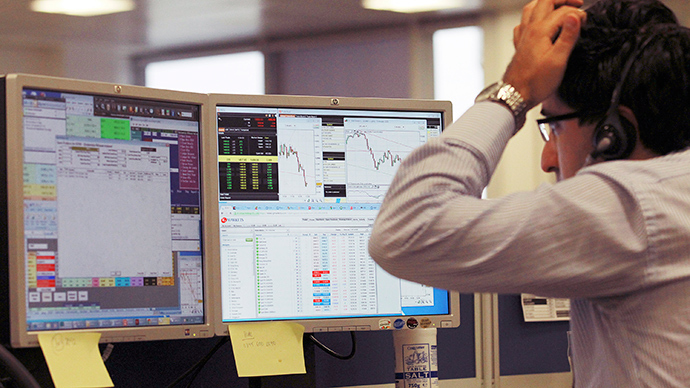
The British government will press other European nations at a meeting in Brussels on Saturday to block Russia from using the SWIFT banking network, Bloomberg reported, in what could be a dramatic expansion of sanctions.
However, according to
Itar-Tass sources within the British government, the EU leaders
are not planning to discuss banning Russia from using the SWIFT,
while the British Prime Minister’s office refused to comment on
the issue.
The Society for Worldwide Interbank Financial Telecommunication,
or SWIFT, is currently one of Russia’s main connections to the
international banking system.
Brussels-based SWIFT has to comply with EU decisions because it
is incorporated under Belgium law.
The UK will put forward the proposal to bar Russia from using
SWIFT at a meeting in Brussels Saturday, according to a
government source, Bloomberg reports.
European leaders are due to meet to try and come up with a united
response after NATO said Russian soldiers and military equipment
crossed into Ukraine.
The UK reportedly wants the EU to bring sanctions into line with
the stricter measures imposed on Russia by the US.
But analysts fear that this could mark a serious escalation in
the sanctions war between the West and Russia.
“Blocking Russia from the SWIFT system would be a very
serious escalation in sanctions against Russia and would most
certainly result in equally tough retaliatory actions by
Russia,” said Chris Weafer, senior partner at Moscow-based
consulting firm Macro Advisory, Bloomberg reported. “An
exclusion from SWIFT would not block major trade deals but would
cause problems in cross-border banking and that would disrupt
trade flows.”
The SWIFT system transmitted more than 21 million financial
messages a day last month between more than 10,500 financial
institutions and corporations in 215 countries.
Blocking Russia from using SWIFT would be disruptive in the short
term, and in the longer term it may create more serious problems.
“There’s no doubt that in the short term restricting Russian
usage of SWIFT would be extremely disruptive to Russian financial
and commercial activities,” said Richard Reid, a research
fellow for finance and regulation at the University of Dundee in
Scotland. “However, it may carry a longer-term downside,
namely the likelihood that large chunks of Russian international
payments flows would move to much less well monitored and
measured financial channels and thus be beyond sanctions at any
future point.”
The EU blocked Iran from using SWIFT in nuclear-related sanctions
imposed on Tehran in March 2012.
The tit-for-tat sanctions between Moscow and Europe currently
include an EU ban on doing business with certain players in
Russia’s financial sector, including all majority Russian-owned
banks, trade restrictions on some Russian energy and defense
firms, and asset freezes and travel bans on certain individuals.
In response, Russia has banned most agricultural products from
all 28 member EU countries.
Article source: http://rt.com/business/183780-uk-eu-swift-ban/
